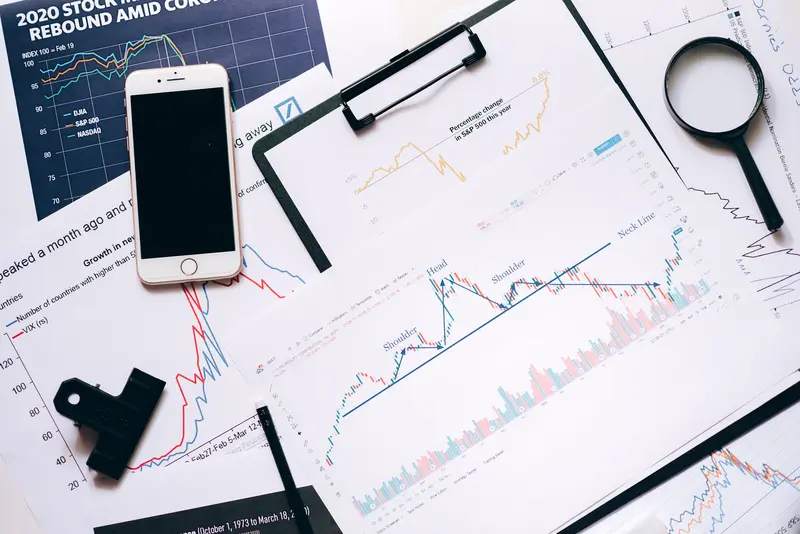The currency trading market is the largest and most liquid investment market. These characteristics of it mean that all trades should be executed with lightning speed. The volume of trading and volatility results in the fact that a little late reaction to market developments can mean a big loss or profit. Efficient and fast order processing is becoming a key aspect of forex trading. In today’s dynamic environment, order execution technologies are of great importance to traders. Let’s consider how brokers process orders, their execution times and the impact on spreads and slippage.

Order processing
Order processing is the process by which a broker receives, analyzes and executes customer orders in the market. There are different methods of order processing, the two main ones being dealing desk (DD) and no dealing desk (NDD).
-
Dealing Desk (DD): DD brokers are so-called “market makers” who act as a trading party for their clients. This means that they may be the final participant in the transaction. Sometimes a broker may decide to accept an opposite order, which can lead to a conflict of interest. With DD, the broker can control prices and leverage, which can affect spreads and slippage.
-
No Dealing Desk (NDD): NDD brokers transmit orders directly to the market or to liquidity providers, eliminating conflicts of interest. In this model, they are only intermediaries between trading participants. They connect traders with each other and with forex trading institutions. An example of such a broker is Saxo. It focuses on presenting available offers without interfering with the rates themselves. With an NDD broker, spreads are usually more competitive and the execution process is more transparent.
Execution times:
Another parameter of importance in trading is execution times, especially for short-term strategies. Brokers offer different execution times:
-
Instant Execution: an order is executed as soon as the trader clicks on it. This is a fast way to execute orders, and can cause slippage especially during periods of high volatility.
-
Market Execution: the order is executed at the best available price in the market. This means it may take a little longer to execute, but minimizes the risk of slippage.
-
Pending Orders: Traders can set pending orders, such as stop loss and take profit orders. These orders are executed automatically when a price specified by the principal is reached, giving more control over the execution of orders.
Most brokers offer each of these options, sometimes even in several variations. Before choosing a broker, check what type of orders it offers.
Impact on spreads and slippage:
Spreads are the difference between the bid and ask prices and represent the cost of the transaction. Brokers have influence over spreads because they can set them themselves or pass them on from liquidity providers. In the DD model, brokers often have wider spreads to make money on the price difference.
Slippage is the difference between the price the trader expected and the price at which the order was actually executed. High market volatility or technical delays can lead to slippage. In the NDD model, slippage can be lower because orders are executed in the market, as opposed to the DD model, where the broker is the party.
As you can see, even details such as times and ways of executing orders matter when trading forex. By taking this into account in our strategy, we can improve its profitability. The approach and choice of broker should depend on the individual trader’s assumptions and on the strategy we take to achieve our goal.
The above article is not investment advice. All information and data and studies contained on the strefa.biz website are for informational or statistical purposes. Therefore, they cannot be treated as an encouragement to make a selected investment decision. Neither can they be treated as investment advice or a binding assessment of the investment market or any other financial instrument. Any investment decisions made by a user of the strefa.biz portal are taken at the user’s own risk and responsibility. Information contained on the website does not constitute a recommendation and investment advice within the meaning of (Articles 42.1 and 76) of the Act of July 29, 2005 on investment advice (Journal of Laws of 2005 No. 183 item 1538 as amended).






